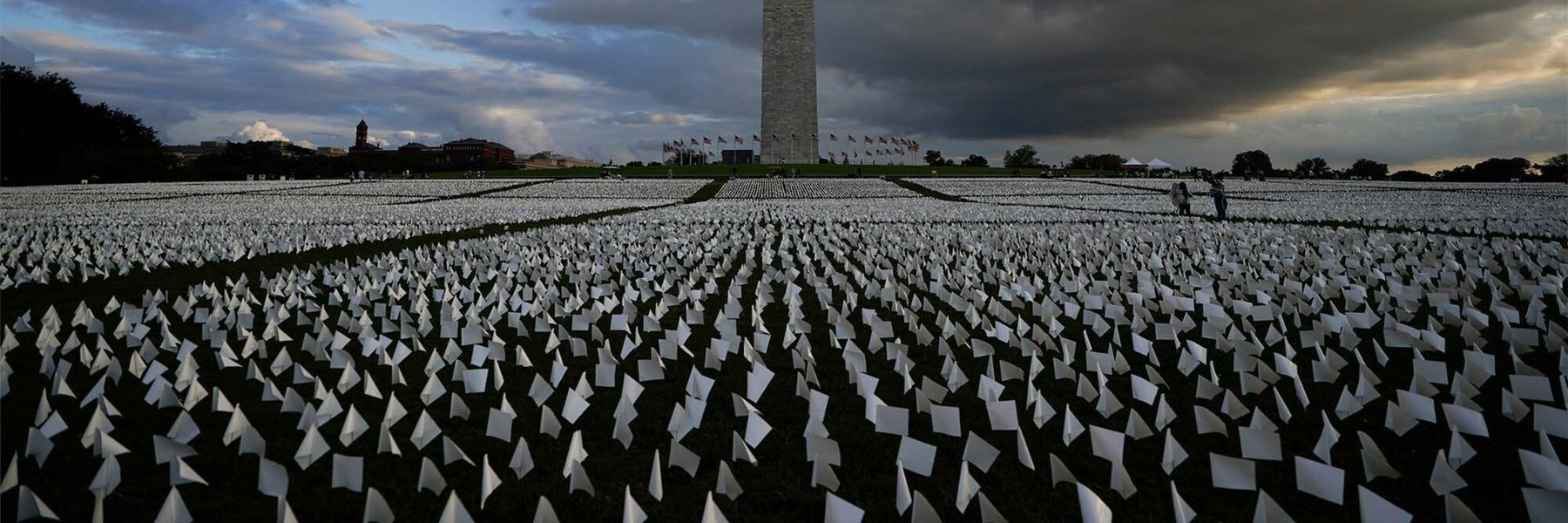As the concern for police accountability grows, the release of law enforcement records remains a prevalent topic, especially body-worn camera footage.
This week, The New Orleans Advocate won a lawsuit against the Louisiana State Police ordering the department to release body-camera footage involving off-duty New Orleans Police Department officer, Sergeant Chantelle Davis, who was stopped for speeding. The ruling comes two years after Louisiana instated its body-worn camera law.
“This is the first body camera case that did not involve an ongoing criminal investigation. In Louisiana, there is a big exception used for withholding records in a criminal investigation,” said The Advocates attorney, Scott Sternberg. “In the two years since we passed this body camera law, this is the first case we have seen like this.
Following an investigation into Davis, the newspaper requested memos, reports, and video related to the traffic stop, but the LSP refused, arguing that releasing the video would infringe on the officer’s privacy. But after watching the footage, Judge William Morvant sided with The Advocate, and ordered the footage to be released with redactions made to blur out the officer’s drivers license and license plate.

Despite the legal victory, The Advocate must still pay its own attorney fees and court costs. Additionally, as Morvant ordered LSP to redact the footage, the paper will have to pay for these redaction costs. Under the Louisiana Public Records Law attorney fees can be won in court only if the person seeking the suit wins its case.
“What that means is that we should’ve been awarded attorney fees and costs, but the judge had to order a redaction. That meant that we did not succeed in all parts of the lawsuit,” noted Sternberg.
## In a goal to arm requesters with knowledge, we’ve launched a new project page hosting state-by-state public record law stories and key players fighting for transparency in those states. Do you have a records struggle in your state? Let us know!
According to The Advocate, it is unclear when the actual footage will be released as this is the agency’s first request since the body-worn camera law passed in the state. Furthermore, it is unknown if the agency possesses the technology to perform redactions on body-camera footage.
Still, open government advocates in the state fear this week’s ruling might embolden law enforcement agencies to wait until a court ruling to release body-worn camera footage, even in a redacted format.
“I would say it is possible that this overall decision would set a precedent, but that remains to be seen,” said President of the Public Affairs Research Council of Louisiana, Robert Travis Scott. “This puts agencies in a place to say ‘sure you want this document, well you have to go to court and pay for it.”
The case highlights a problematic look into police accountability and the release of body-camera footage. With no clear directive of how other law enforcement agencies should handle the release of video footage, records requester in Louisiana are left to battle out disputes in a court of law.
“It would be a concern if every single video that eventually gets released under state law must be accompanied by a lawsuit. The expense to take the state agency to court would not be in the best service of the public,” added Scott.
Most recently, a New York court approved the release of New York Police Department body-worn camera footage.
You can read The Advocate’s lawsuit embedded below:
*Image via Barksdale Air Force Base*




